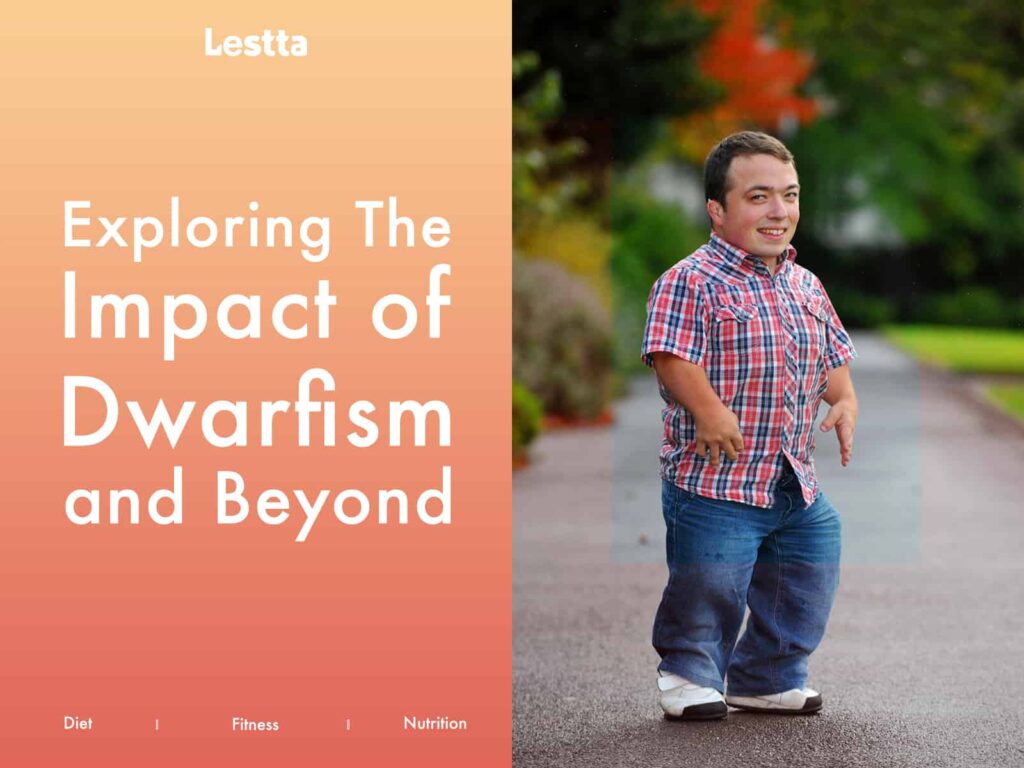
Dwarfism is a condition that affects millions of people worldwide, characterized by shorter stature due to various medical reasons. While it is important to understand the physical and medical aspects of dwarfism, it is equally crucial to explore the broader impact it has on individuals and society as a whole.
In this article, we delve into the multifaceted dimensions of the impact of dwarfism, highlighting the challenges faced by individuals with dwarfism, promoting inclusivity, and celebrating diversity.
1. Challenging Stereotypes and Raising Awareness
Firstly, the impact of dwarfism goes beyond physical limitations. People with dwarfism often encounter misconceptions, stereotypes, and discrimination in society. However, it is essential to challenge these preconceived notions and raise awareness about the realities of dwarfism.
By educating ourselves and others, we can foster empathy, understanding, and respect for individuals with dwarfism.
2. Advocating for Inclusivity and Accessibility
Also, inclusion is crucial in all aspects of life, including education, employment, and social interactions. Individuals with dwarfism face unique challenges in accessing certain environments and services that may not be designed with their needs in mind.
By advocating for inclusive practices, we can ensure that individuals with dwarfism have equal opportunities and the necessary accommodations to thrive in their chosen paths.
3. Promoting Body Positivity and Self-Acceptance
Body image and self-esteem are significant concerns for many individuals with dwarfism. The impact of societal beauty standards and media portrayal of “ideal” bodies can create immense pressure and feelings of inadequacy.
It is important to promote body positivity and emphasize that beauty comes in diverse forms. By embracing one’s uniqueness and fostering self-acceptance, individuals with dwarfism can develop a strong sense of confidence and live fulfilling lives.
4. Redefining Success and Breaking Barriers
The impact of dwarfism often extends to professional and personal aspirations. Despite facing challenges, individuals with dwarfism have achieved remarkable success in various fields, including acting, sports, academia, and entrepreneurship.
By highlighting these achievements, we can challenge the notion that physical stature limits one’s potential. Breaking barriers and redefining success based on individual abilities and talents paves the way for a more inclusive and diverse society.
5. Cultivating Empathy and Supportive Communities
Building supportive communities plays a vital role in the impact of dwarfism. Connecting with others who share similar experiences can provide emotional support, guidance, and a sense of belonging.
It is crucial to foster empathy and encourage open conversations about dwarfism, creating spaces where individuals can share their stories, challenges, and triumphs.
Conclusion
Finally, the impact of dwarfism reaches far beyond physical differences, encompassing social, emotional, and psychological dimensions. By challenging stereotypes, advocating for inclusivity, promoting body positivity, and redefining success, we can create a more compassionate and inclusive society.
Embracing the diversity that dwarfism brings enriches our collective experience and helps us appreciate the unique contributions and resilience of individuals with dwarfism. Let us celebrate our differences, break down barriers, and work towards a world where everyone is valued and included, regardless of their physical stature.









